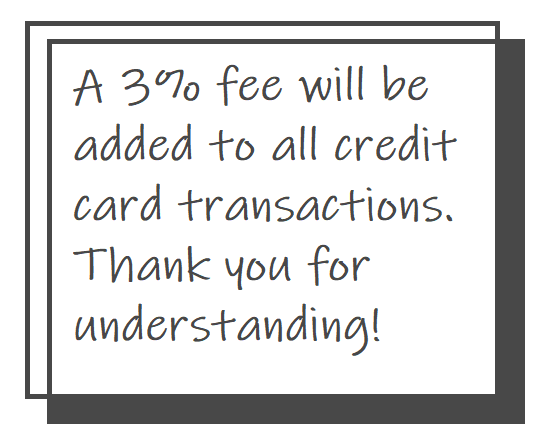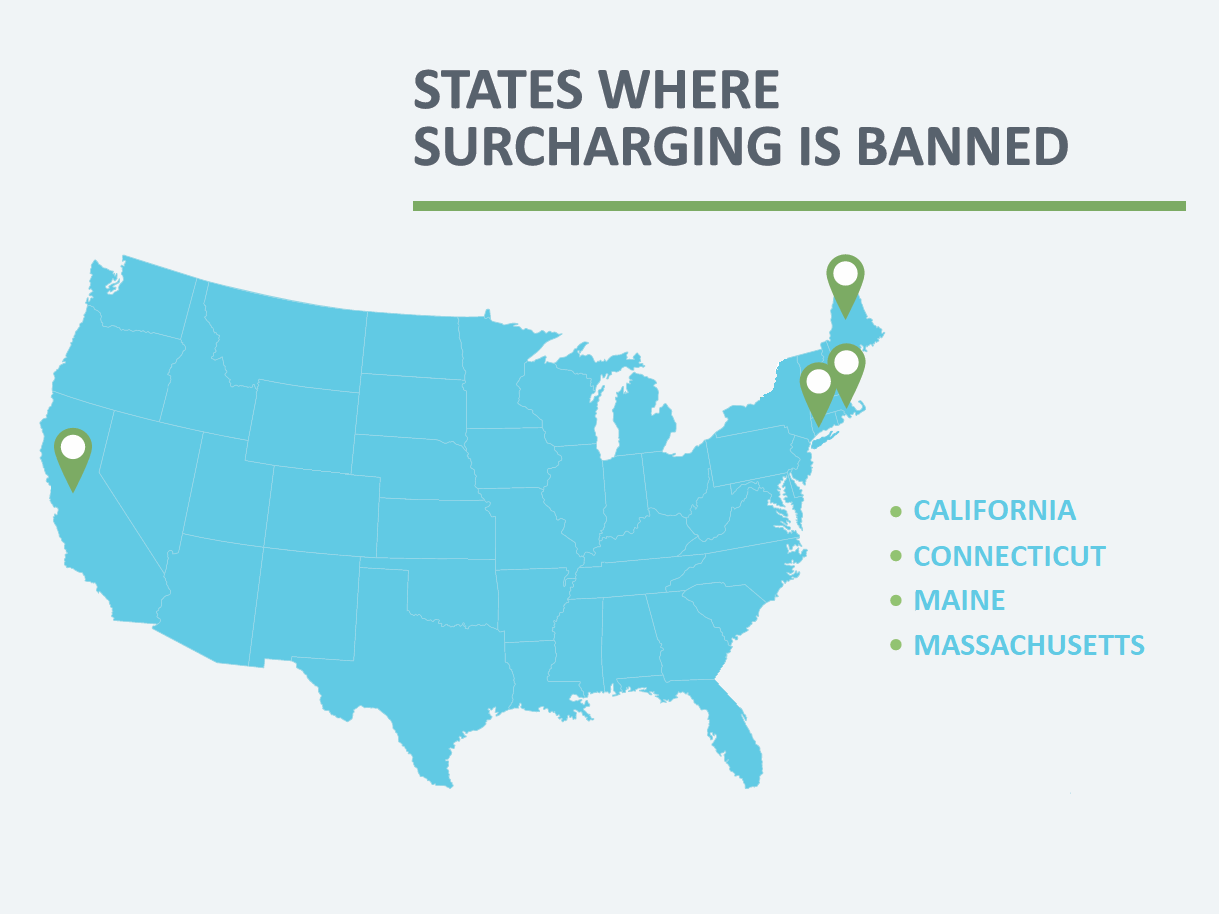What is Surcharging?
Surcharging, defined as adding a fee to purchases made with a credit card, was prohibited by the card brands (Visa and Mastercard) until a class action lawsuit in 2013. The idea is that a business can defray the costs of accepting credit cards by charging the consumers that choose to pay with a credit card. Consumers that pay with cash would not receive a fee. This is (subtly) different than cash discounting, where consumers who pay with cash receive a discount on the price as a perk for not using a credit card. While the end result is the same (credit card users pay more than cash users) the distinction has been important for implementing compliant surcharge and cash discount programs. It also has some effect on customer perception, as people respond positively to a discount and negatively to added fees.
This is (subtly) different than cash discounting, where consumers who pay with cash receive a discount on the price as a perk for not using a credit card. While the end result is the same (credit card users pay more than cash users) the distinction has been important for implementing compliant surcharge and cash discount programs. It also has some effect on customer perception, as people respond positively to a discount and negatively to added fees.
Why was Surcharging Prohibited?
Up until 2013, Visa and Mastercard prohibited surcharging simply because it could dissuade customers from using their cards. Visa and Mastercard have a vested interest in customers using credit cards as often as possible, because both companies make money through the assessment fees that are part of credit card transaction costs that businesses pay. The card brands didn’t want consumers to have second thoughts about using their cards to avoid extra fees. The turning point came in 2013 when a class action lawsuit resulted in a settlement agreement between businesses and the card companies. The settlement allowed businesses to impose surcharges on credit card transactions. However, there were requirements and stipulations regarding how much could be charged as well as required disclosures prior to charging the fees. Additionally, state laws played a role, with some prohibiting surcharges regardless of the new rules from Visa and Mastercard. You can get more details on that in our article on credit card surcharges.
You can get more details on that in our article on credit card surcharges.




